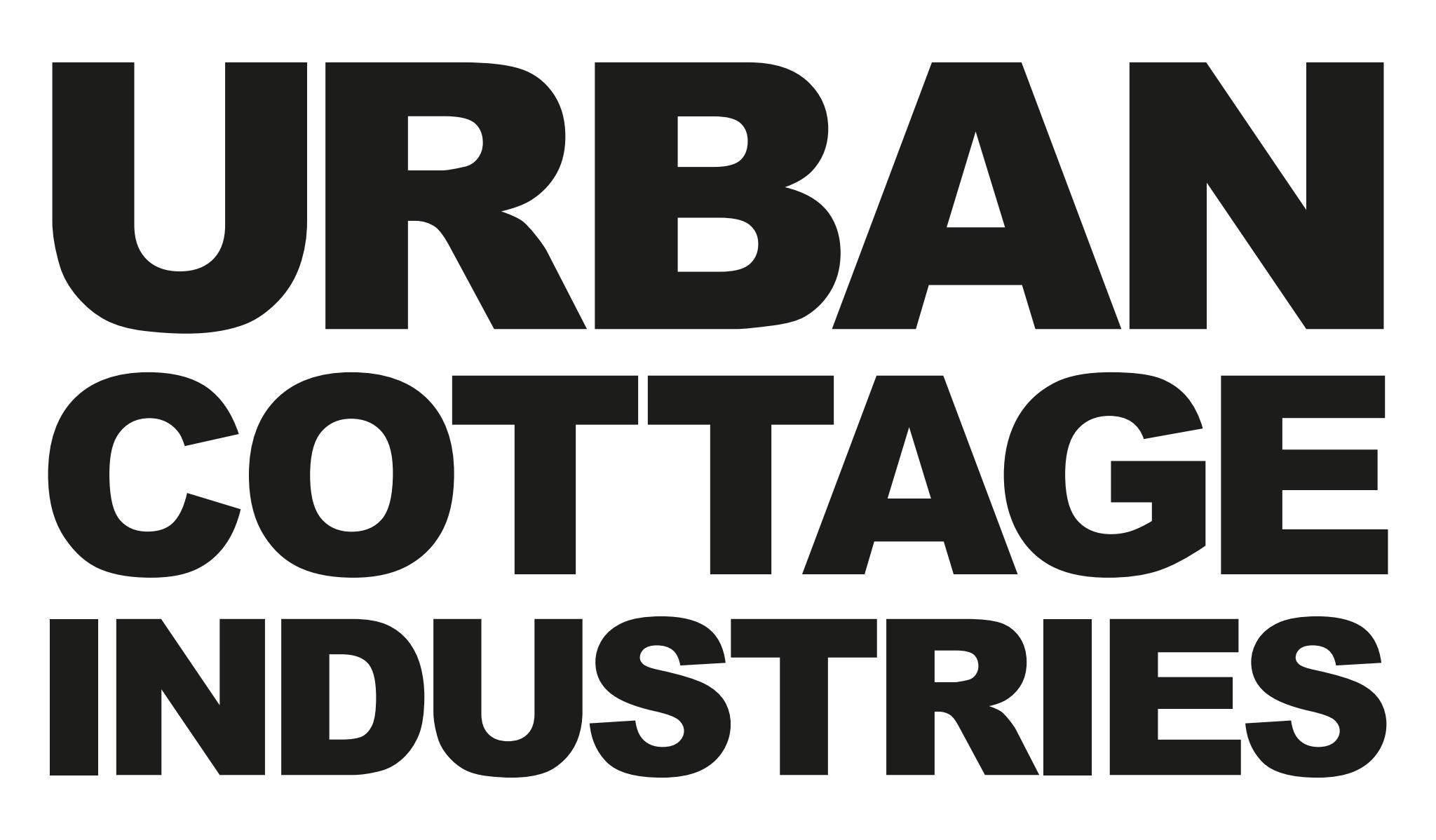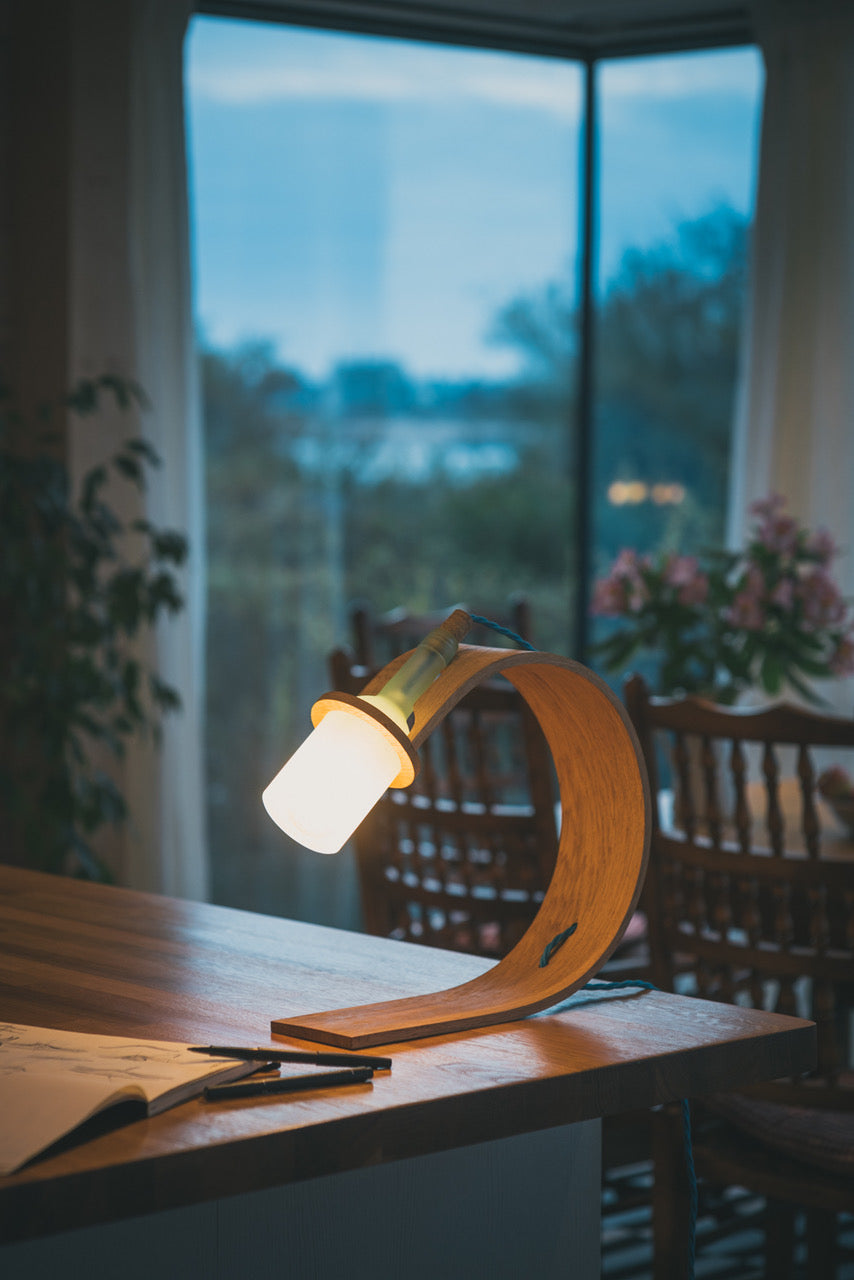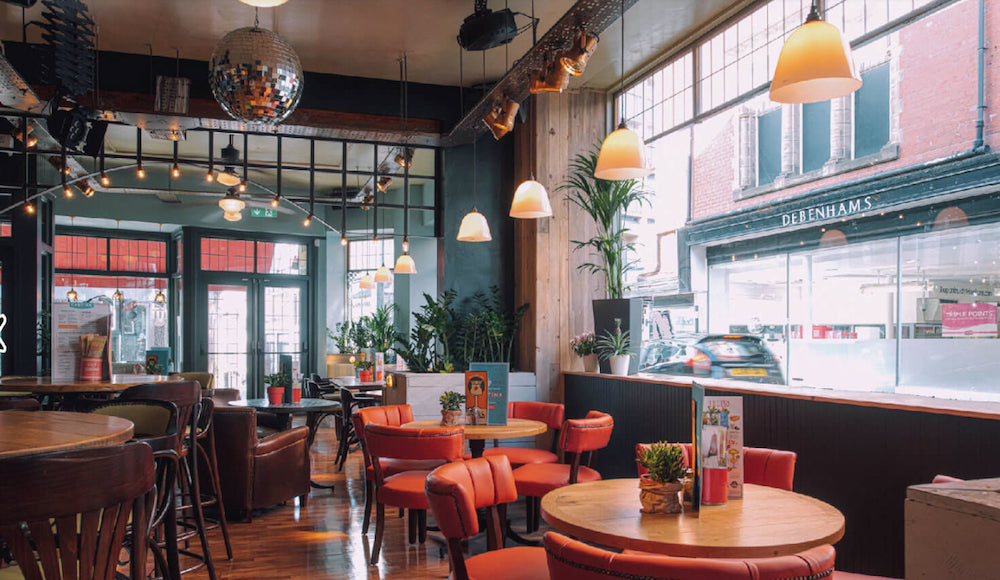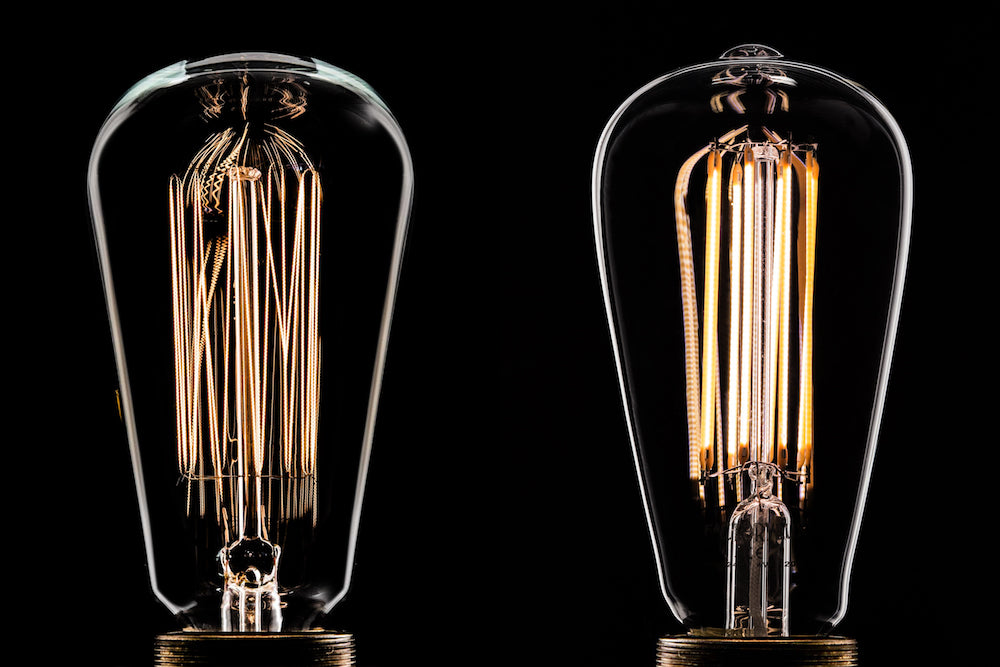Traceability and sustainability have become watchwords for designers. As consumers grow more discerning, ethical manufacturing has become increasingly significant. Max Ashford designed the Quercus desk lamp to help push design into a better place. The design attempts to minimise or remove negative impact and instead, galvanise positive impacts.
 However, the sleek desk lamp is not all concept and delivers in terms of both application and design. The simple construction is full of smooth lines, clever quirks and effective output.
However, the sleek desk lamp is not all concept and delivers in terms of both application and design. The simple construction is full of smooth lines, clever quirks and effective output.  Using minimal components, selected because of their quality and traceable to the nth degree, the Quercus offers effective ambient lighting. Crafted from naturally fallen British Oak, the wood is sourced by tree surgeons working to create healthier woodlands. A laborious process of steaming helps to create the distinctive curvature before natural oils seal the wood and maintain the degradability of the unit.
Using minimal components, selected because of their quality and traceable to the nth degree, the Quercus offers effective ambient lighting. Crafted from naturally fallen British Oak, the wood is sourced by tree surgeons working to create healthier woodlands. A laborious process of steaming helps to create the distinctive curvature before natural oils seal the wood and maintain the degradability of the unit.  The shade is created using recycled wine bottles, collected from a local restaurant. Whilst the bottles require a little modification to house the holder and lamp, they maintain a close link to their origin. The frosted glass produces a diffuse output perfect for low-level ambient lighting. For our part, Urban Cottage Industries supply bright blue twisted fabric lighting cable manufactured in Milan.
The shade is created using recycled wine bottles, collected from a local restaurant. Whilst the bottles require a little modification to house the holder and lamp, they maintain a close link to their origin. The frosted glass produces a diffuse output perfect for low-level ambient lighting. For our part, Urban Cottage Industries supply bright blue twisted fabric lighting cable manufactured in Milan.  After a hugely successful kickstarter campaign (and surpassing their original target) Greeb are now preparing to launch the Quercus for general sale. Check out Greeb’s site so you can find out how to grab a Quercus of your own!
After a hugely successful kickstarter campaign (and surpassing their original target) Greeb are now preparing to launch the Quercus for general sale. Check out Greeb’s site so you can find out how to grab a Quercus of your own!
Introducing the Quercus
Originally created for a University competition, Quercus soon garnered a great deal of attention from faculty, peers and the design community at large. After graduating, Max decided to take the design further and started Greeb, a creative company that aims to showcase the potential for re-use in a wasteful world. However, the sleek desk lamp is not all concept and delivers in terms of both application and design. The simple construction is full of smooth lines, clever quirks and effective output.
However, the sleek desk lamp is not all concept and delivers in terms of both application and design. The simple construction is full of smooth lines, clever quirks and effective output.  Using minimal components, selected because of their quality and traceable to the nth degree, the Quercus offers effective ambient lighting. Crafted from naturally fallen British Oak, the wood is sourced by tree surgeons working to create healthier woodlands. A laborious process of steaming helps to create the distinctive curvature before natural oils seal the wood and maintain the degradability of the unit.
Using minimal components, selected because of their quality and traceable to the nth degree, the Quercus offers effective ambient lighting. Crafted from naturally fallen British Oak, the wood is sourced by tree surgeons working to create healthier woodlands. A laborious process of steaming helps to create the distinctive curvature before natural oils seal the wood and maintain the degradability of the unit.  The shade is created using recycled wine bottles, collected from a local restaurant. Whilst the bottles require a little modification to house the holder and lamp, they maintain a close link to their origin. The frosted glass produces a diffuse output perfect for low-level ambient lighting. For our part, Urban Cottage Industries supply bright blue twisted fabric lighting cable manufactured in Milan.
The shade is created using recycled wine bottles, collected from a local restaurant. Whilst the bottles require a little modification to house the holder and lamp, they maintain a close link to their origin. The frosted glass produces a diffuse output perfect for low-level ambient lighting. For our part, Urban Cottage Industries supply bright blue twisted fabric lighting cable manufactured in Milan.  After a hugely successful kickstarter campaign (and surpassing their original target) Greeb are now preparing to launch the Quercus for general sale. Check out Greeb’s site so you can find out how to grab a Quercus of your own!
After a hugely successful kickstarter campaign (and surpassing their original target) Greeb are now preparing to launch the Quercus for general sale. Check out Greeb’s site so you can find out how to grab a Quercus of your own!




Leave a comment
This site is protected by hCaptcha and the hCaptcha Privacy Policy and Terms of Service apply.